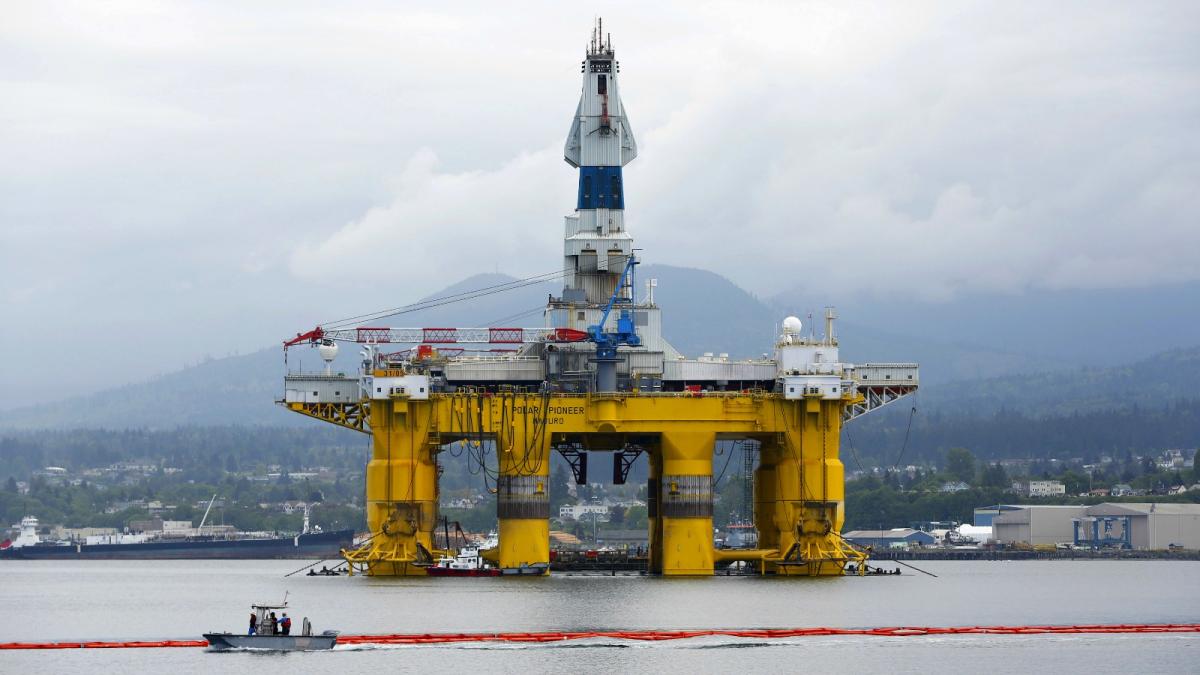Last May, four months before the oil giant Royal Dutch Shell suspended exploration in offshore Alaska, Christopher Putnam needed to get something off his chest.
Putnam is 44, originally from Texas, a trained wildlife biologist who also served as an Army infantry sergeant during the Iraq War. For almost six years, he has worked in Alaska for the U.S. Fish and Wildlife Service, protecting marine mammals. It has been his job to ensure that Shell’s plans to drill more than 60 miles offshore in the Chukchi Sea — the wild Arctic water between Alaska and Siberia — wouldn’t harm Pacific walruses, particularly the juveniles, calves, and nursing mothers that dominate the Chukchi during the drilling season.
Putnam’s relationship with Shell had always been amicable — until the company began insisting that walrus protection should take a backseat to economics and efficiency, and making it clear that it would fight any regulatory speed bumps placed in its way. That kind of determination made Shell a regular caller at the White House: Company president Marvin Odum was a guest there at least six times in the administration’s first two and a half years, and lobbyi... Read more
